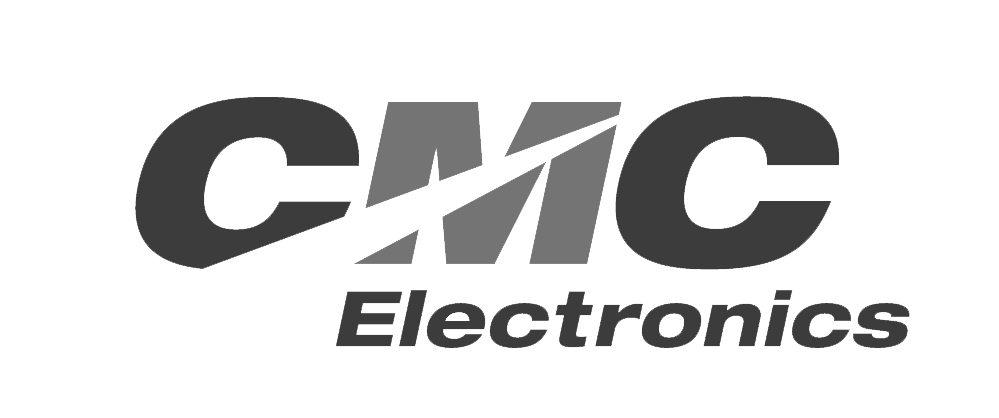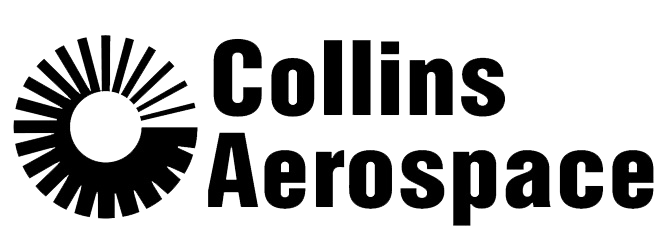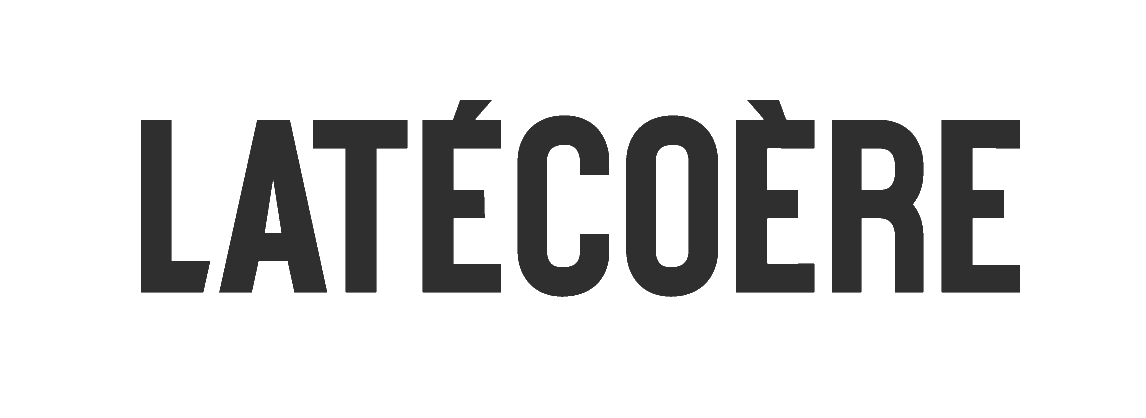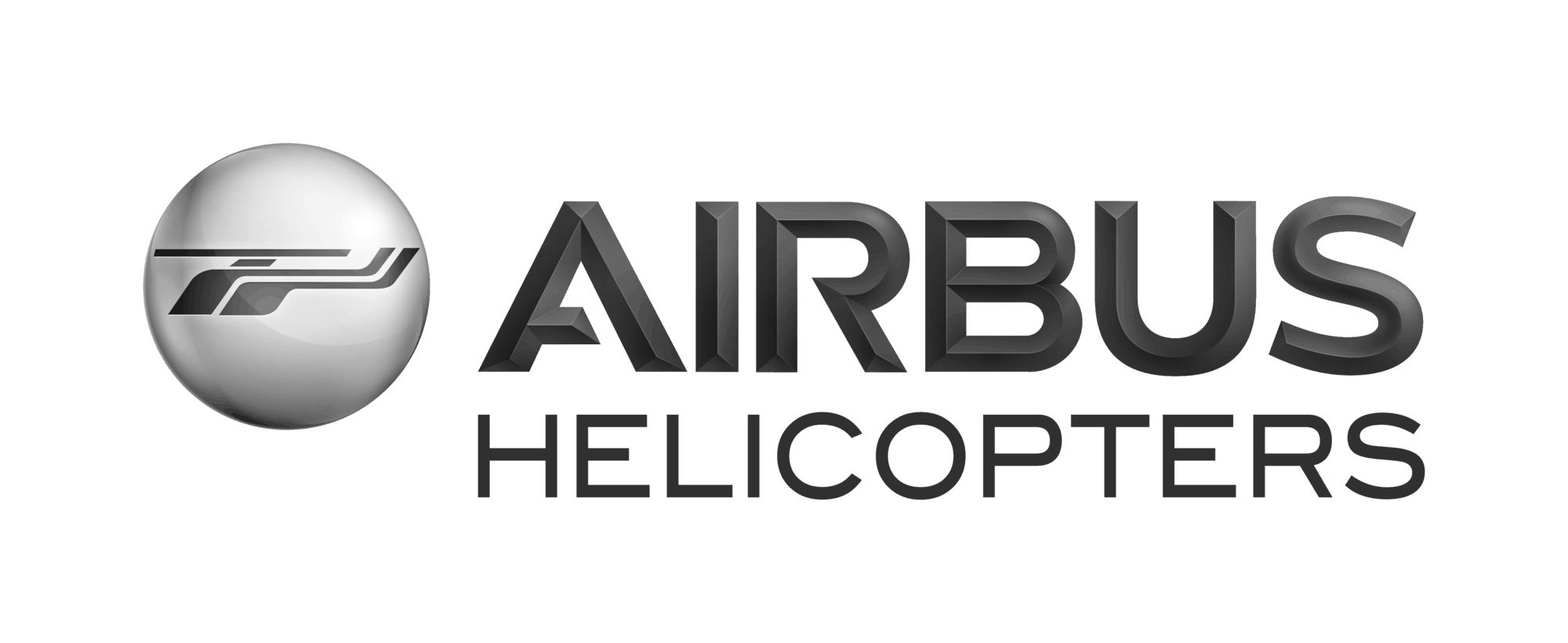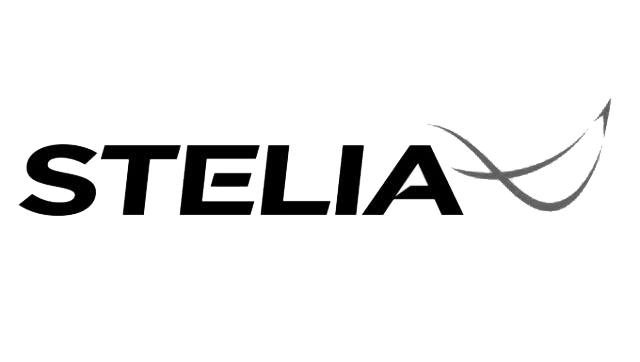Innovating for “virtuous” mobility
The challenges facing the aeronautical industry leave little or no room for environmental issues. But the sector needs to be beyond reproach here. To continue its development, it needs to be inventive: switching to a low-carbon supply chain, alternative production, green energy, use of Big Data, etc.
In order to remain competitive, the aeronautical industry is undertaking a number of development initiatives.
Gérard Feldzer, Aeronautical consultant. President of “Aviation Sans Frontières” shares his analysis with us
Helping you go even further and with greater sustainability
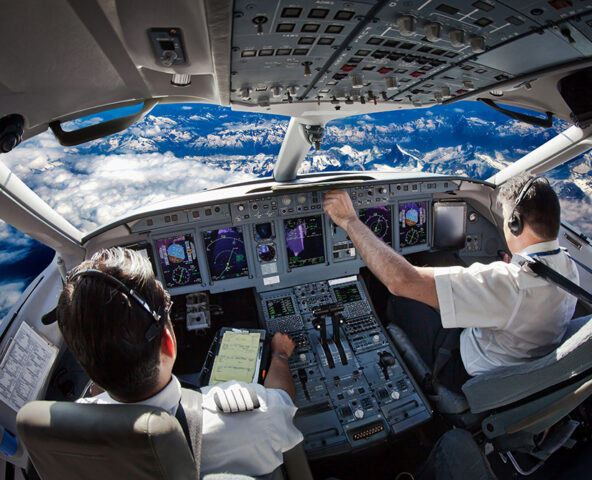
Anomaly detection tool for engine test data, based on machine learning models to extract the most value from each engine test. Automating the process enables daily analysis of test data, so that faulty sensors can be replaced as quickly as possible.
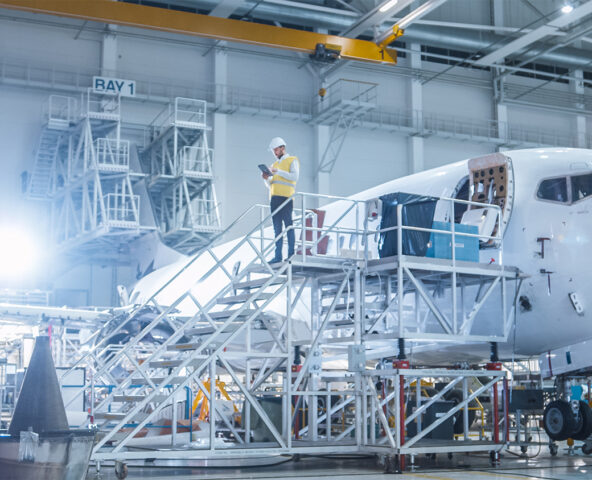
We ensure the quality of the Airbus supply chain’s industrial performance by monitoring and developing its suppliers, introducing new products and services, and managing business transfers.
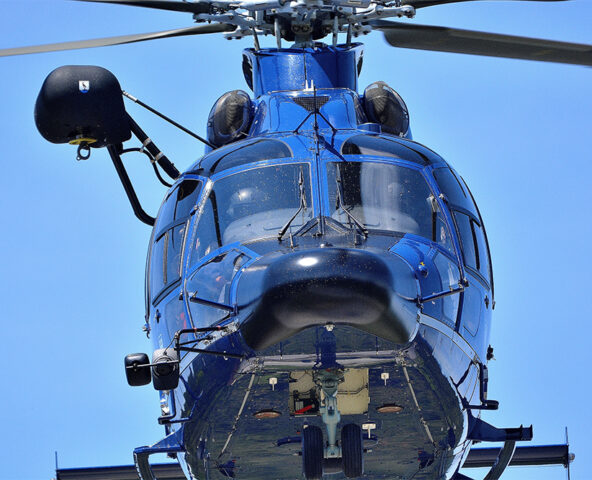
Scalian was responsible for coordinating change management within the MECA 4.0 project. It ran workshops, organised creativity sessions, shared best practices and feedback, and followed up actions.
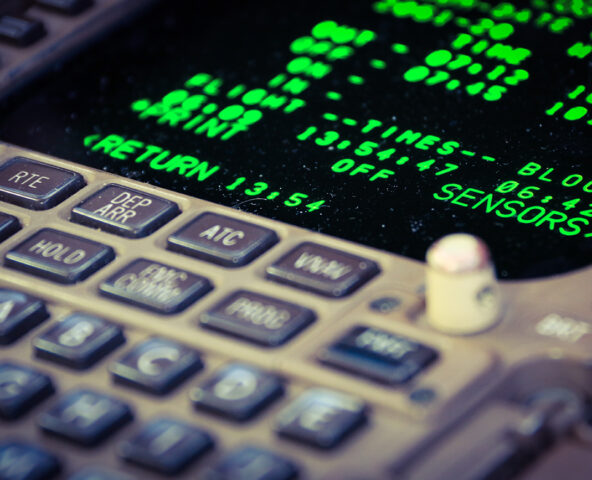
Development of a platform for massive testing of a complex system (FMS) based on machine learning models. Massive simulation of trajectories and automatic anomaly detection models to test the behaviour of the FMS more comprehensively.
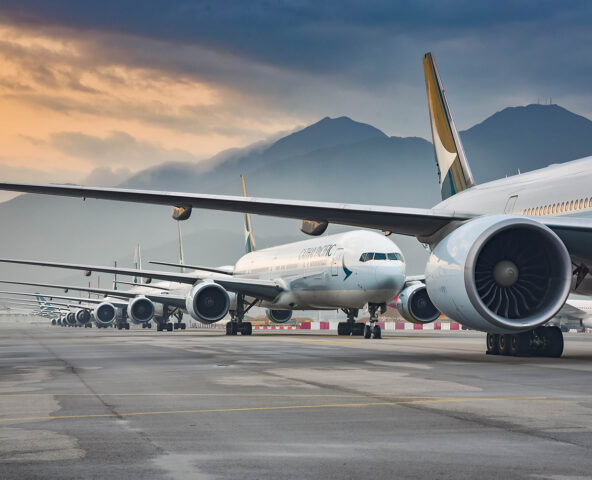
Development of the components of the aircraft computer’s embedded OS. Scalian was involved in the specifications, software design, component test sets and management of driver technical events. The other part of the project covered platform validation, with integration of drivers, writing and implementing of test procedures, and preparation of MACS2 verification files.

The aim was to compare the environmental footprint of several scenarios to support creation of a new production plant. Scalian defined the scope with the project manager, collected data with specialists for each scenario (volume expected by the factory, transport type, distance between each destination, cross-dock and client ratio). An environmental assessment (ISO 14040 and LCA) of each scenario in terms of CO2 emissions from transport was carried out, which led to the presentation of results and recommendations.
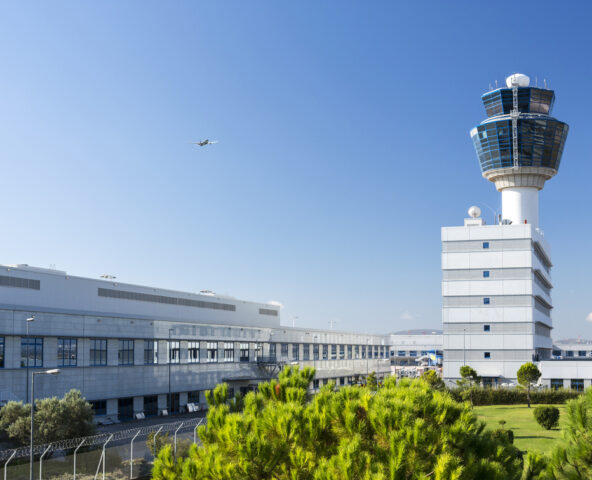
This included functional improvements (system specifications, software development), system integration and validation, acceptance, deployment, site acceptance and support for operational transition.
Our related expertise
Scalian supports the leaders of the aeronautical industry



